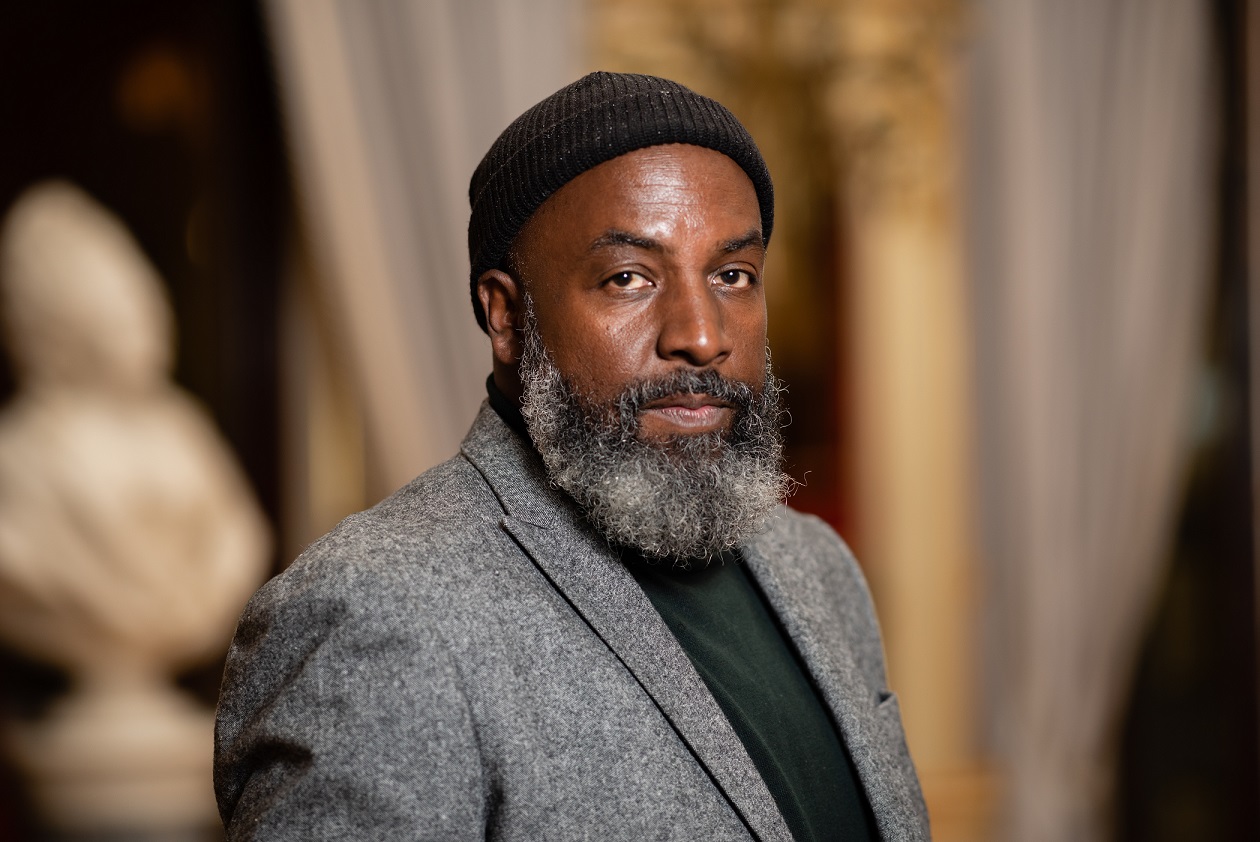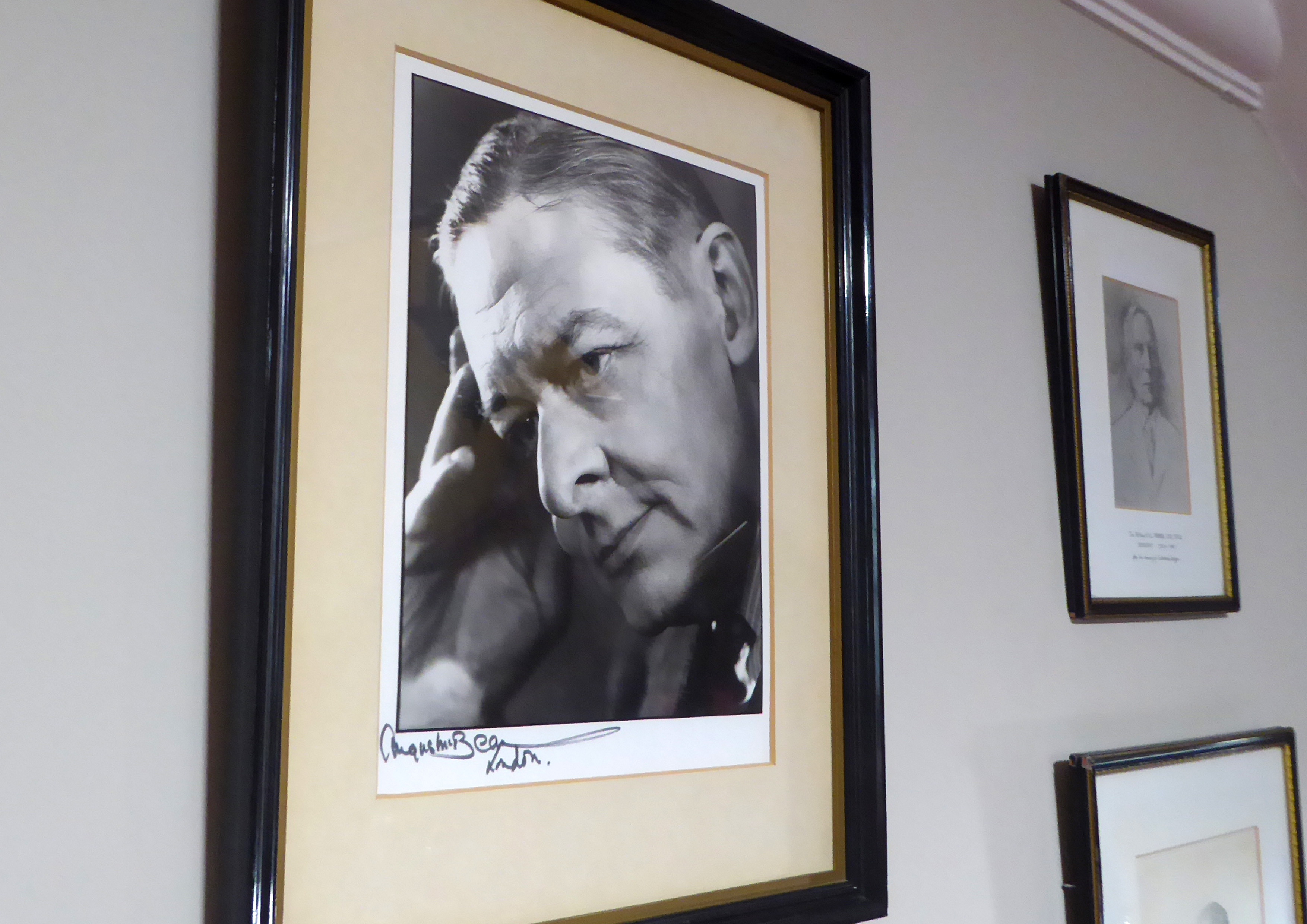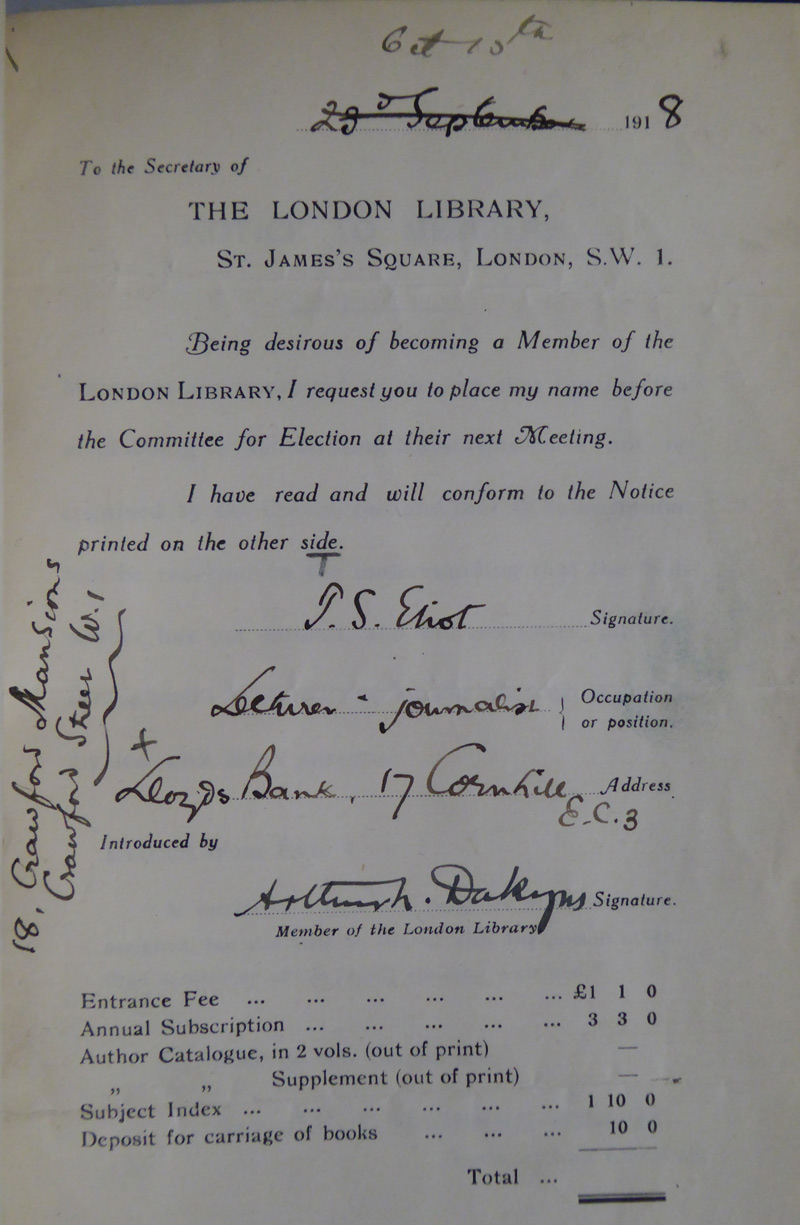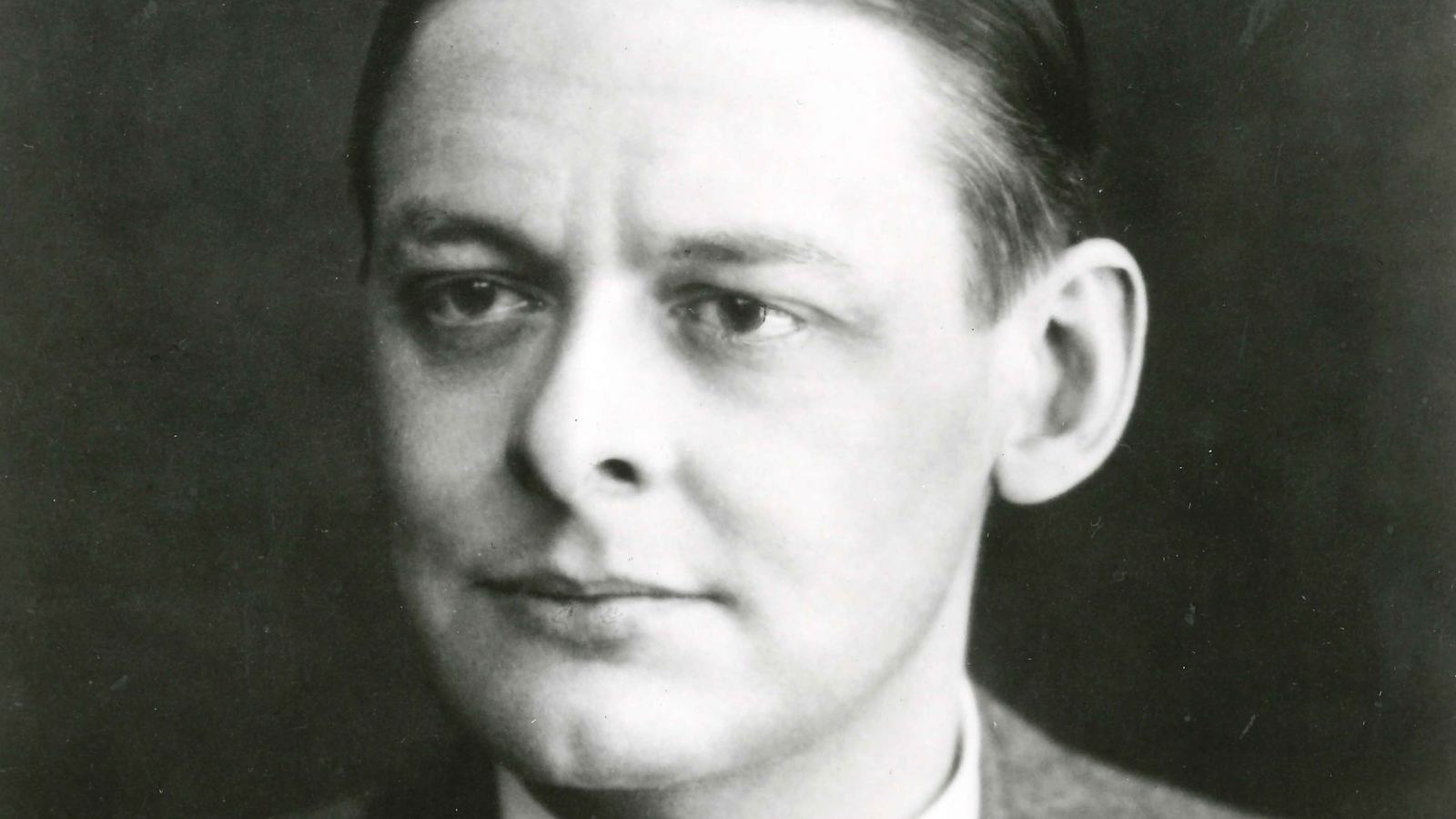Roger Robinson has won the 2019 T. S. Eliot Prize with his searing collection A Portable Paradise, published by Peepal Tree Press.

Roger Robinson, winner of the 2019 T. S. Eliot Prize
After months of reading and deliberation, Judges John Burnside, Sarah Howe and Nick Makoha unanimously chose the winner from a shortlist which comprised five men, four women and one trans non binary; one American, one Russian-American and one Canadian, as well as poets of Trinidadian, Cypriot and Sri Lankan extraction.
Chair John Burnside said:
“This ambitious and wide-ranging shortlist speaks to all that poetry can be. The winner, Roger Robinson’s A Portable Paradise, finds in the bitterness of everyday experience continuing evidence of ‘sweet, sweet life’.”
Roger Robinson is a writer and performer who lives between London and Trinidad. He has published two poetry pamphlets with flipped eye, Suitcase (2004) and Suckle (2009), which won the People’s Book Prize and the Oxford Brookes Poetry Prize. His first full poetry collection, The Butterfly Hotel (2013), was shortlisted for The OCM Bocas Poetry Prize and his second is A Portable Paradise (2019), both Peepal Tree Press. He is an alumni of The Complete Works and was a co-founder of both Spoke Lab and the international writing collective Malika’s Kitchen. He is the lead vocalist and lyricist for King Midas Sound. rogerrobinsononline.com
John Burnside formally announced Roger Robinson as the winner of the
T. S. Eliot Prize at an Award Ceremony in the Wallace Collection on Monday 13th January. Roger was presented with a cheque for £25,000 and each shortlisted poet was presented with a cheque for £1,500 in recognition of their achievement in winning a place on the most prestigious shortlist in UK poetry.
The award ceremony was preceded by the thrilling and varied T. S. Eliot Prize Readings on Sunday 12th January, held in the Southbank Centre’s Royal Festival Hall. In the largest event of the poetry year, all ten poets read to a sell-out audience in a fantastic evening of poetry.
The T. S. Eliot Prize is run by The T. S. Eliot Foundation. It is the most valuable prize in British poetry, with the winning poet receiving a cheque for £25,000 and the shortlisted poets each receiving £1,500. It is the only poetry prize which is judged purely by established poets.
This year’s Prize also continues the collaboration between the T. S. Eliot Foundation and the Poetry Archive. The T. S. Eliot Prize Winners’ Archive presents a celebration of the Prize and going forward each winner will be inducted into the Archive, so that their voice will be preserved and made available for posterity online.
Last year’s winner was Hannah Sullivan’s Three Poems and the judges were Sinéad Morrisssey (chair), Daljit Nagra and Clare Pollard.
For more information on this year’s shortlist, including videos of the poets, new reviews and readers’ notes, and the Prize in general, please visit our Shortlist Page.
We have beautiful recordings of the shortlisted poets reading and talking about their work, a remarkable body of work with 40 videos available on YouTube, as well as audio of the Shortlist Readings.






